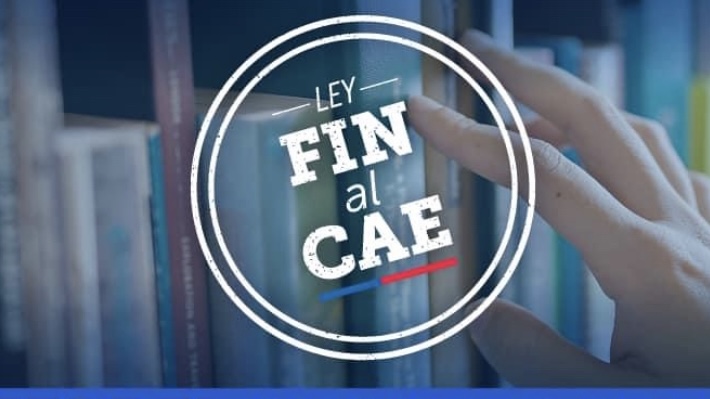
A few weeks ago, the government presented a bill aimed at eliminating the State-Guaranteed Credit (CAE) and creating a new public financing model for higher education (FES). The CAE has been used by university students to finance their studies through a state loan, which is repaid in a period of 10, 15, or 20 years, depending on the amount requested. The goal of the FES is to transform this system, but it has raised multiple questions regarding its viability.
Andrés Barrios, Director of the Human Development Lab, was featured in various Chilean media outlets. In interviews with The Clinic, Diario Financiero, Emol, El Mercurio, La Tercera, CNN, and Bío-Bío, Professor Barrios raised some concerns about some key features of the proposal.
According to Professor Barrios, eliminating the CAE and replacing it for a system that fixes tuition fees for students from the bottom 90% of the income distribution could lead to a significant decrease in the resources of higher education institutions. Professor Barrios argues that on top of forcing some institutions to lower their quality, this change could increase the segregation of the system. Indeed, many selective institutions could choose to specialize in students from wealthier families who are not subject to tuition fees regulations.
Currently, the proposal has been sent to the Congress. Its discussion will start in the next weeks.